Category: Science
-
AI Church Movies
As evidenced by the flood of AI movies hitting Twitter over the past couple of weeks, Google’s Veo 3 recently made another leap with AI video generation, adding sound and better consistency. It still has its issues (as can be seen below), but in the hands of a skilled prompter with some credits to burn…
-
The Genesis Creation Accounts: Thoughts on “Revealed Truths,” “Inspired Editors,” and Privileged Texts in the Latter-day Saint Tradition
Guest post by Joseph Green I’ve been reading with interest the new book on evolution published by BYU’s College of Life Sciences, The Restored Gospel of Jesus Christ and Evolution. (While the print version has yet to be released, a free copy of the PDF is available now on the college’s web site.) As someone…
-
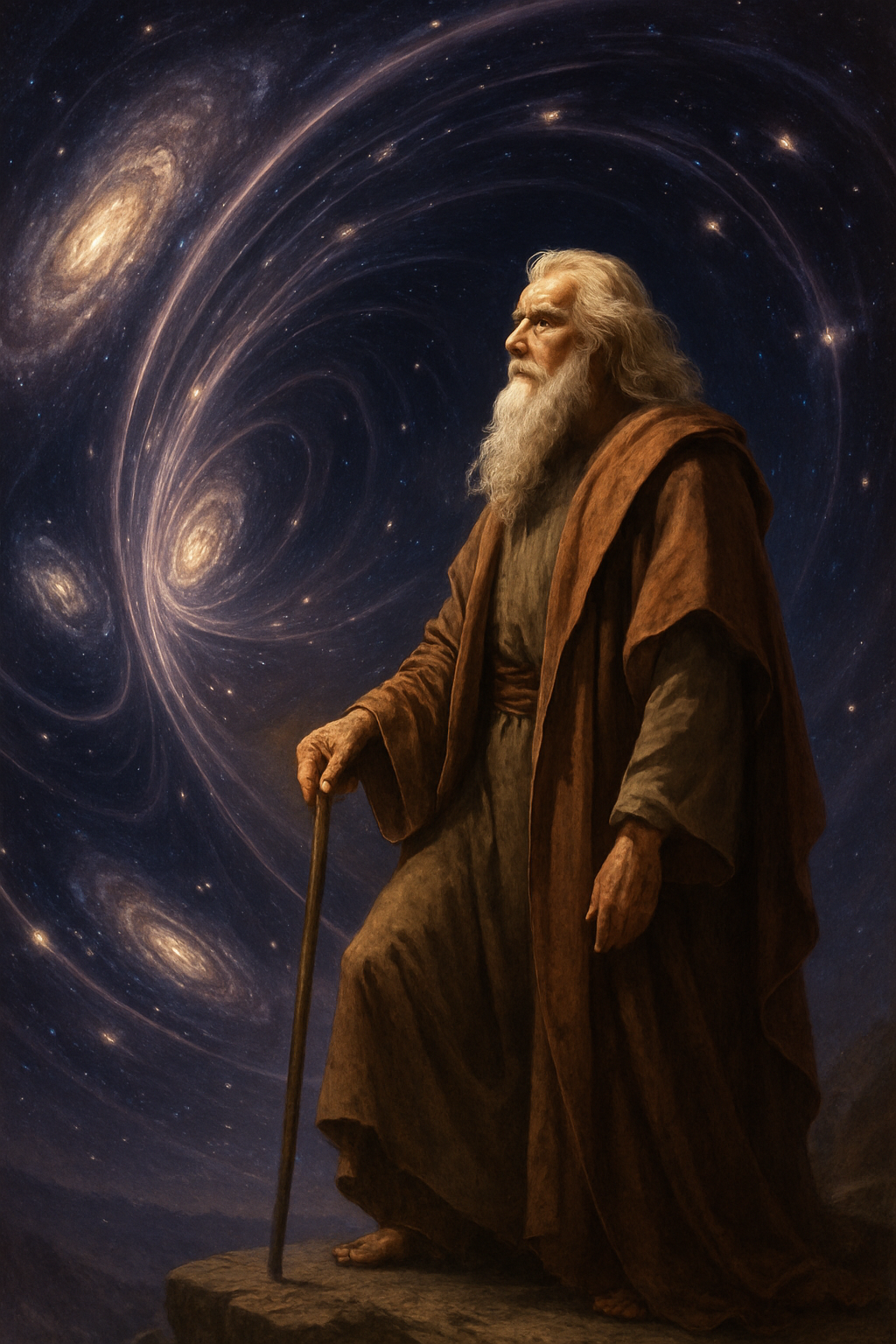
“Bounds Set to the Heavens”
A prophet looking into a curved universe One of the more curious asides in modern revelation is D&C 121 when God tells Joseph that he was living in a time “Which our forefathers have awaited with anxious expectation.” When all sorts of truths would finally be revealed: And also, if there be bounds set to…
-
AI and the Gospel: Cinema, Changing Minds, and Deep Research
Cinema Some AI generated, Church-related movies I created with Google’s new Vemo 2. David W. Patten’s fun, 2nd-hand, late account of being visited by Cain Joseph Smith writing D&C 121 in Liberty Jail Moroni burying the plates While AI has been able to do very short movie clips for some time now, I’ve waited for…
-
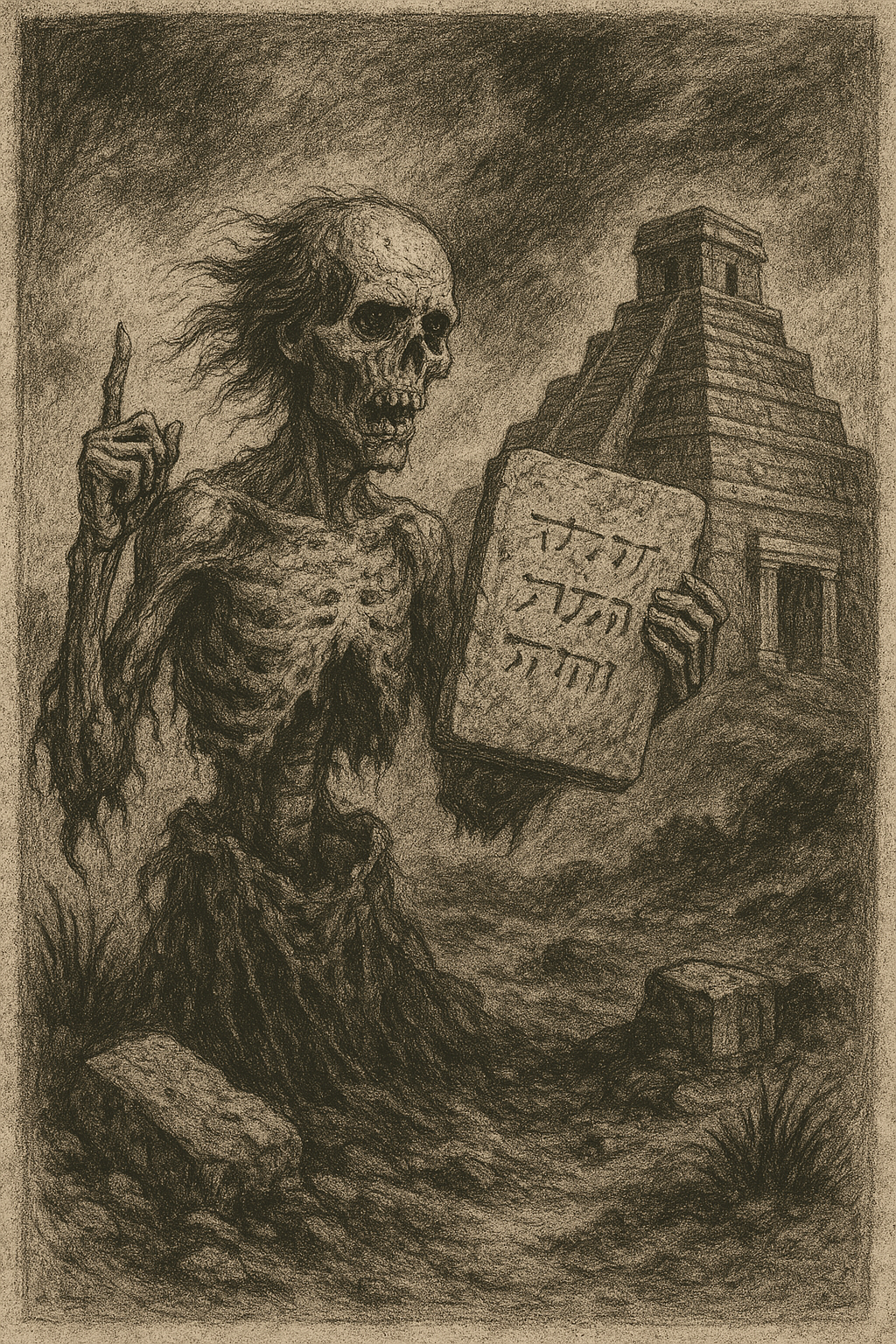
The Next Generation of AI Lit: 5-7K Word AI Mormon Horror Short Stories
First off, apologies for all the AI posts, but the big AI players do this thing where they drop their latest products right next to each other to try to steal the news cycles from each other, so AI alternates between droughts and floods. So on that note, the other big news besides the resolution…
-
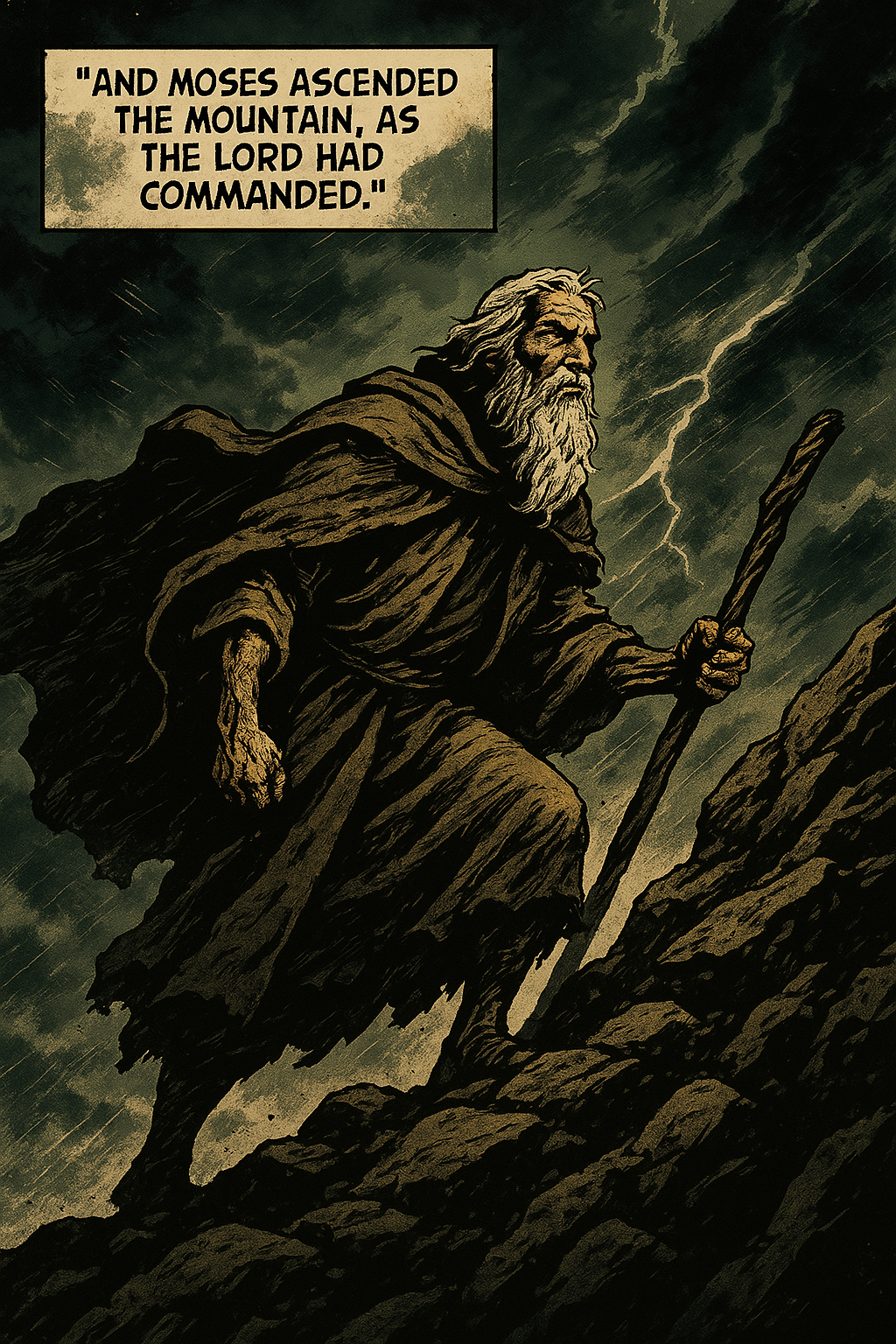
AI Art and Gospel Stories: Or, Children’s Book Illustrators are Now Unemployed
For what seemed like forever the moat protecting the jobs of illustrators from AI was the fact that it was hard to nail down consistent characters. You could maybe, with clever prompting, get one frame to kind of look like the other, but it didn’t really work, which is why a lot of early AI-storyboard…
-

The Color of Paradise
It was a whiteness beyond anything earthly I had ever seen; nor do I believe that any earthly thing could be made to appear so exceedingly white and brilliant. The visit of Moroni to Joseph Smith provided one of those so-rare glimpses into the aetherial beyond when Joseph Smith tried to describe Moroni with the…
-
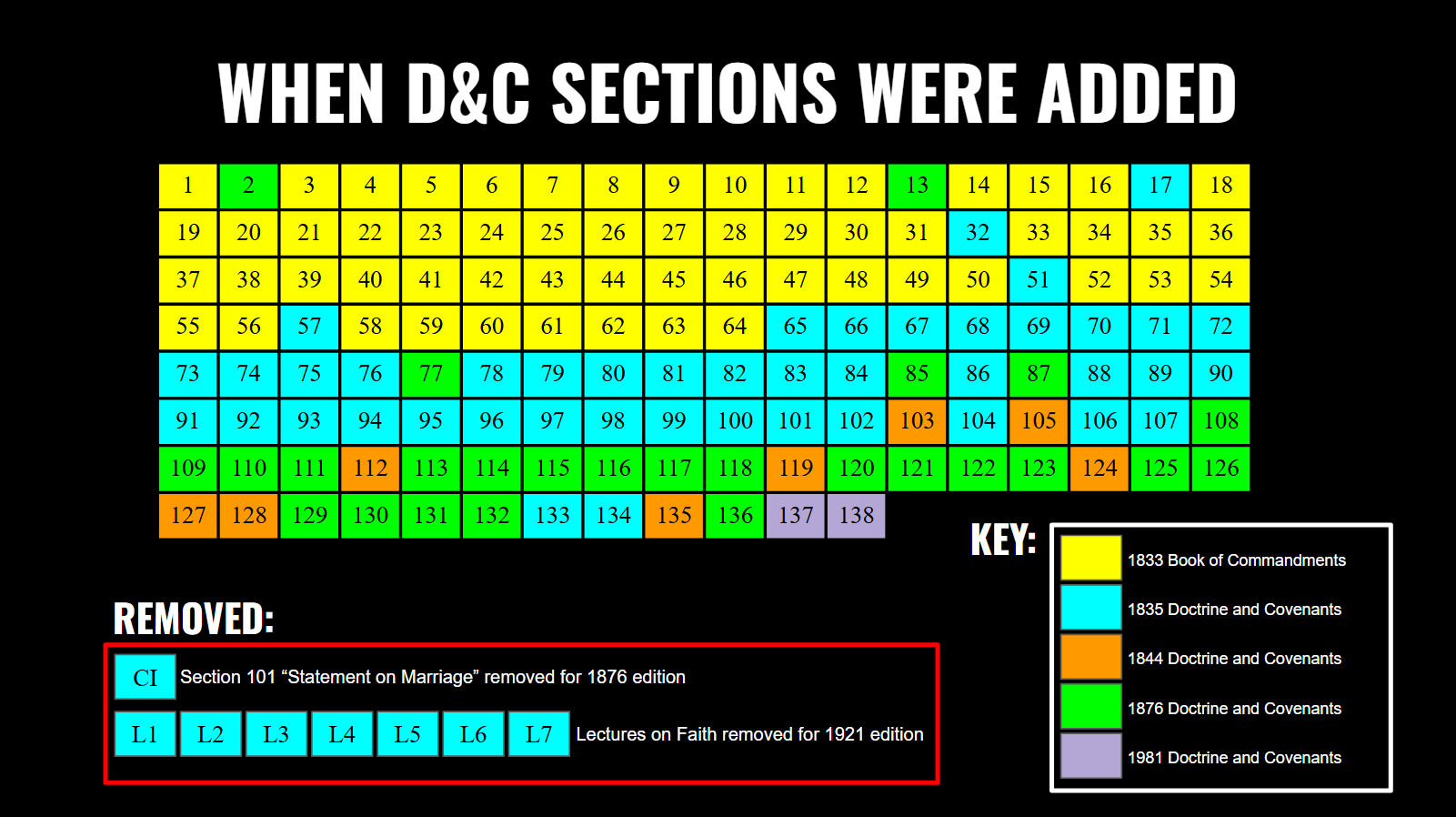
Claude 3.7, Data Visualizations, and Gospel Pedagogical Tools
In AI world Anthropic recently released Claude 3.7 with extended thinking. The “extended thinking” function is the fruit of a realization in the AI labs that if you give the AI longer to think their responses are more thorough and accurate, so in addition to expanding the compute size you can expand the compute time…
-

Science is Approaching the Soul
A little while ago OpenAI announced o3, a new (and extremely expensive) LLM. There’s a lot to say about its new capacities in a variety of domains, but the one relevant here is its performance on the ARC Challenge, a measure of general intelligence. Without boring you about the technical details, previous LLMs have done…
-
President Oaks Now Speaks Tamil, and Elder Bednar Now Speaks Spanish
I had heard that this was on the horizon, but now it’s free for everybody (well, 3 videos a month). You can upload a YouTube video and not only have it create a translation, but it is more or less in the voice of the individual, and the lips are synced so that it actually…
-

My AI Generated Podcasts on the Bear Lake Monster and the Great Apostasy, And Other AI News
Apologies for doing another one of these so soon after the other one, but when it rains it pours. Since I last posted OpenAI released “advanced voice mode” to all plus subscribers. What this means is that the lag we’re used to when talking to AI is now gone, and now it is indiscernible from…
-

Recent AI Developments and Their Implications
A few days ago OpenAI released its much-rumored “Strawberry” system titled Chat-GPT4o1. While previous LLMs can provide an impressive writing at, say, the undergraduate level (especially if prompted well), the new system can “think” and plan better for technical concepts, and it can now answer scientific, technical questions more accurately than a PhD in that…
-

AI Censorship and Sacred Cows
In the AI world there is a debate swirling about how much AI providers should censor their image generation. Of course there are plenty of things to mock in past attempts to censor or otherwise put a thumb on the scale of AI to be more socially appropriate. Exhibit A of course were the racially…
-

Ancient Horses in the Americas, False Negatives, and the Paleobiology Database
Distribution of Equus fossils in the Americas from the Quaternary, Paleobiology Database The fossil record for horses in the Quaternary in the Americas, a very niche topic, has had particular interest to Latter-day Saints for well-known reasons. At the outset I should lay my cards on the table and state that I hold to a…
-
AI and Gospel Music, and a Public Service Announcement
Note: None of this is an April Fool’s Joke, it just happens to be the day we had a spot available in the queue. So far the three main AI use cases that have achieved liftoff are Large Language Models, text-to-image, and translation (Supposedly OpenAI has achieved text-to-video that is so good that multimillion dollar…
-

Bayes’ Theorem and Testimony
Where I actually am while writing this as a Boltzmann Brain When I was younger there was a chain of thought I had regarding my testimony that hinged on Bayesian logic (although I didn’t know the term at the time). Bayesian statistics and logic is a field that incorporates prior probabilities into current probabilities.…
-

The New Pornography… and Everybody Has a Personal Language Tutor Now
The ideal husband, according to Midjourney In the movie “Her” the Joaquin Phoenix character develops a relationship with an AI during a messy divorce. Released about a decade ago, the movie addresses philosophical themes about personhood and relationships that at the time seemed interesting in a philosophy class thought experiment way, but not really relevant…
-
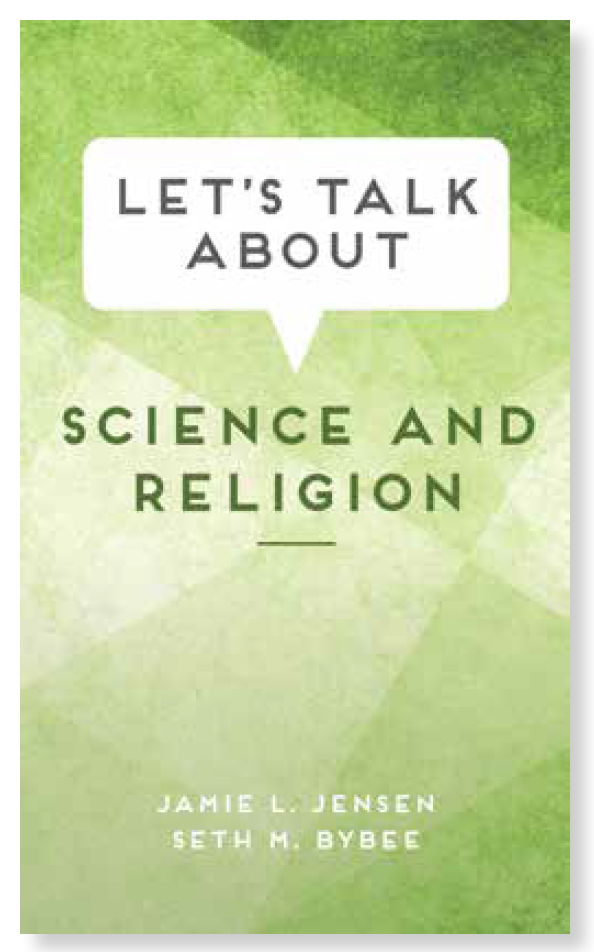
Let’s Talk about Science and Religion – A Review
Back when I was studying biological engineering in college, I remember one Sunday where a stake high councilor came and spoke in our ward. He based his remarks on Elder Quentin L. Cook’s talk “Lamentations of Jeremiah: Beware of Bondage”. When he discussed how “Turning from the worship of the true and living God and…
-
We Humans Had a Good Run, Part II
Last night I was given access to Bing Search’s GPT-4 A couple months ago, when Chat-GPT3 first came out I posted about how it might change the Church landscape, and presented a sacrament meeting talk that GPT-3 had written. Several months before that I speculated about how natural language processing would lead to researchers in…
-
We Humans Had a Good Run
This is a talk written by artificial intelligence; specifically, OpenAI’s new, much more developed GPT-3 that just dropped based on the prompt “Write an LDS talk about overcoming adversity” (it’s shorter, but that’s just because I set the word limit relatively low). Good morning brothers and sisters. I am so glad to be here with…
-
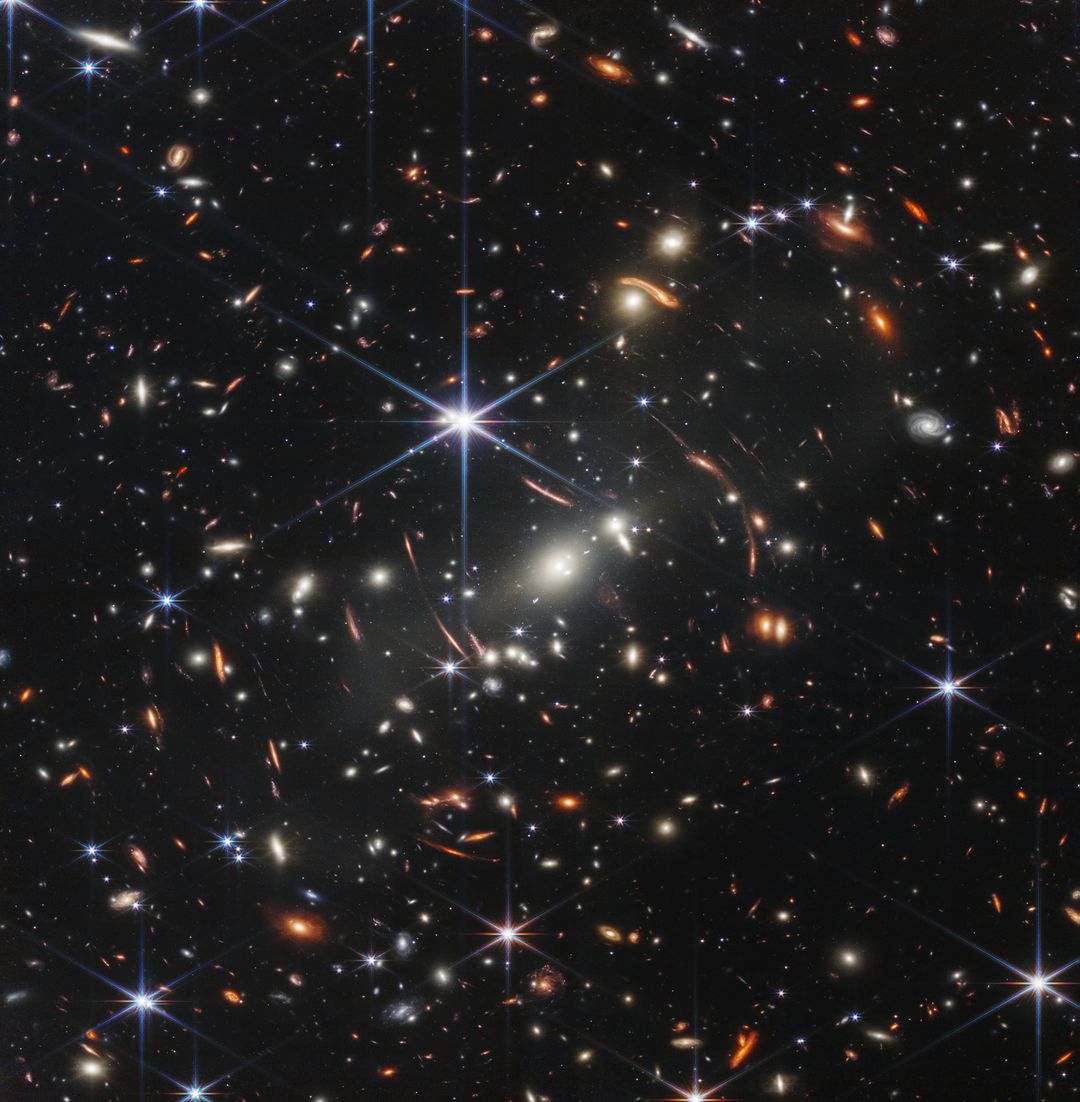
Worlds Without Number
The James Webb telescope just dropped its first “deep field” image. This is as far back as we have ever been able to see, and soon we will be able to peer back to some of the first creations that formed after the Big Bang. A time to come in the which nothing shall be withheld…if there…
-
The Future and the Church, Part III: Artificial Intelligence
To paraphrase Donald Rumsfeld, gains in machine learning technology are a “known unknown.” Unlike some other future changes and development, we are reasonably confident that the machine learning revolution (also known as artificial intelligence, but that is a loaded term) of the past 10 years will continue at least over the medium-term. I’m skeptical that…
-
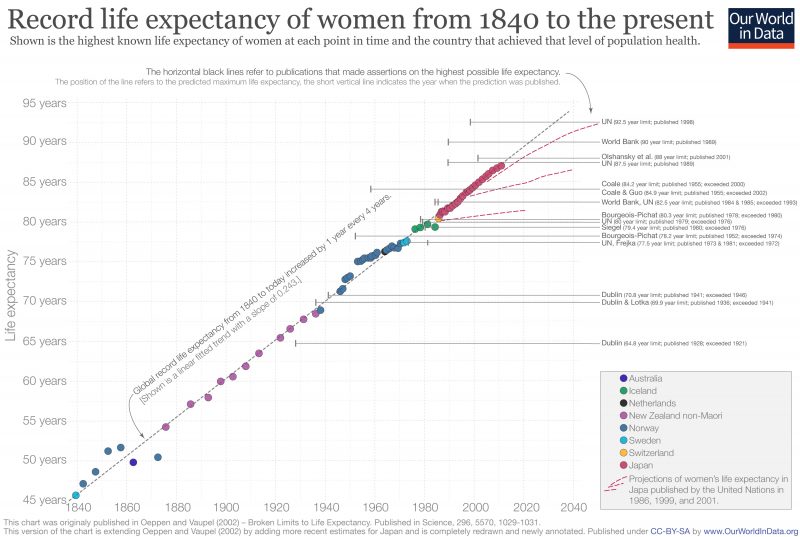
The Future and the Church, Part II: Longer Human Lives
There has always been a need for those persons who could be called finishers. Their ranks are few, their opportunities many, their contributions great. …I pray humbly that each one of us may be a finisher in the race of life and thus qualify for that precious prize: eternal life with our Heavenly Father in the…
-
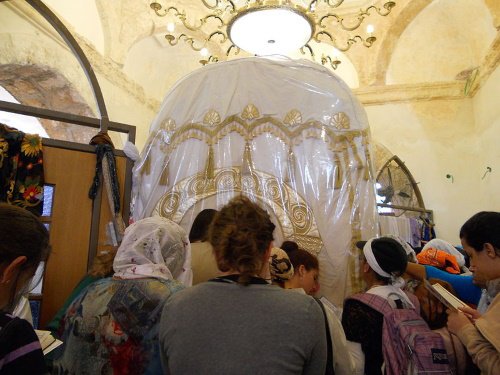
The Future and the Church, Part I: Reproductive Technologies
Series that dives into future technologies and trends, and what they might mean for the Church. Rachel’s tomb in Bethlehem, where Jewish women pray for fertility. “Rachel weeping for her children, and would not be comforted, because they are not.”-Matthew 2:18 My wife and I would love to have a large family, we would have…
-
Big Science Questions and the Gospel, Part IX, Free Will
Free will is one of those issues where you have to think deep and hard about your definitions. Many philosophers will subscribe to one definition, but not another, so sometimes the whole debate on whether we have “free will” revolves around semantics that you can’t do justice to in a single post, so I won’t…
-
Big Science Questions and the Gospel, Part VIII, Time and God
When I was a Wikipedia editor years ago the Joseph Smith page stated that “[Smith] began teaching that God was…embodied within time and space,” and they cited Busman’s statement to that effect. I removed the “embodied in time” and explained that this is arguable, citing Alma’s statement that “time only is measured unto men.” (As…
-
Big Science Questions and the Gospel, Part VII: Fine Tuning
The more I examine the universe and the details of its architecture, the more evidence I find that the universe in some sense must have known we were coming.-Freeman Dyson As noted in a previous post, fine tuning is a problem that has received mainstream acceptability within the scientific community. To summarize, for complex matter…
-
Big Science Questions and the Gospel, Part VI: The End of the Universe and Getting Out of Bed in the Morning
There are a variety of “end of the universe” scenarios that physicists currently see as most likely: Heat Death Because of a mysterious energy in the universe (aptly named “dark energy”), the universe’s expansion is speeding up. As things expand they cool down, so the heat contained in the universe will gradually dissipate until there…
-
Big Science Questions and the Gospel, Part V: Population Genetics
Population genetics is an exciting, cutting edge area of research. In the past we had a fairly simplistic picture of our deep history, with humans migrating out of Africa and then sequentially expanding from continent to continent. However, occasional findings of very early human remains, combined with the genetics revolution, paints a completely different picture…
-
Big Science Questions and the Gospel, Part IV: Quantum Mechanics
Quantum mechanics makes absolutely no sense. Basically, small particles act differently depending on whether they are being watched, either by a conscious human being or a detector machine (even if the detector is turned on after it has acted). I’m not going to rehash how we know, but the more details you get the more…
